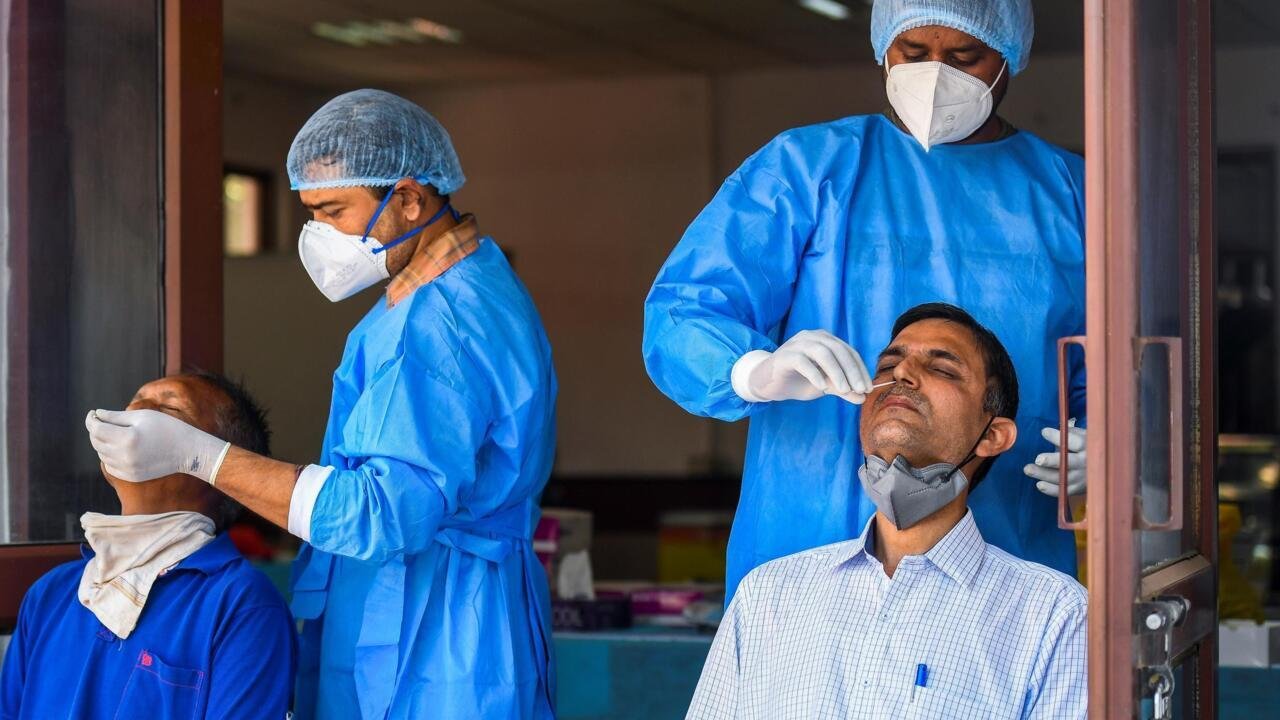Covid-19 Wave in India: Alarming Rise in Daily Death Toll
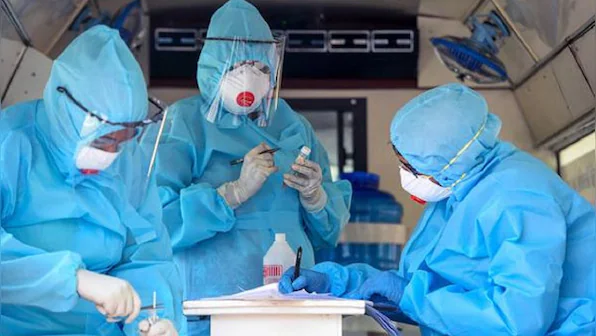
The Covid-19 wave in India has reached a concerning milestone, with the total death toll surpassing 100. On Monday alone, 11 fatalities were reported—the highest single-day toll during the current surge. This spike in deaths has intensified public health concerns and prompted renewed attention from national health authorities.
Kerala’s Struggle Amid the Covid-19 Wave in India
The southern state of Kerala remains the most affected region during the ongoing Covid-19 wave in India, reporting the highest number of new infections and fatalities. Of the 11 deaths recorded on Monday, seven occurred in Kerala. All seven victims were over the age of 60 and had underlying health issues such as cancer, pancreatitis, chronic kidney disease, and pneumonia. These pre-existing conditions made them especially susceptible to complications during the current Covid-19 wave in India, which continues to affect high-risk individuals despite the dominance of milder variants.
Covid-19 Wave in India: Spread Across Multiple States
Other states have also reported fatalities: Delhi, Maharashtra, Madhya Pradesh, and Chhattisgarh each registered one death. Delhi’s case involved a 67-year-old man with a history of lung cancer, highlighting once again that those with pre-existing illnesses are at heightened risk.
Currently, Kerala leads in active cases with 1,920 infections, followed by Gujarat (1,433), Delhi (649), and Maharashtra (540). Uttar Pradesh, Rajasthan, and Haryana have also reported a modest rise in cases over the past week.
Covid-19 Wave in India: The Role of Emerging Sub-Variants
Health experts believe that the current surge may be fueled by newly emerging sub-variants of the coronavirus. These strains appear to evade immunity developed from previous infections and vaccinations. Despite this, the good news is that these variants are not causing severe symptoms in the majority of cases.
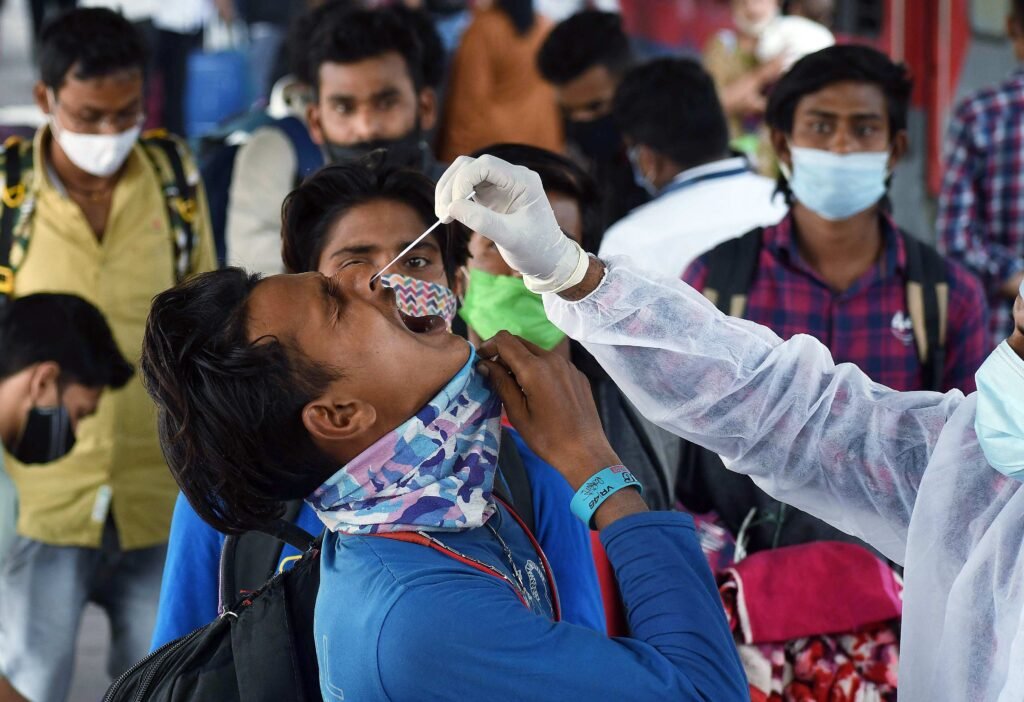
According to Dr. Rommel Tickoo, Director of Internal Medicine at Max Saket, there is currently no reason to panic. “Most patients exhibit symptoms similar to common flu—fever, cough, and cold. We generally don’t recommend Covid testing for every mild case, but some patients are testing positive. The treatment is mostly symptomatic management and rest. We also advise isolating at home to prevent further spread,” he explained.
Covid-19 Wave in India: Mild Symptoms and Home Management
Government officials have echoed Dr. Tickoo’s stance, noting that most infections in the current wave are mild and being managed effectively at home. Despite this, the Ministry of Health has advised all states and union territories to ensure readiness at health facilities. Measures include verifying the availability of oxygen supplies, isolation beds, ventilators, and essential medicines.
State-Wise Preparedness Measures
Authorities have been directed to:
- Check oxygen supply levels at district and hospital levels
- Maintain a ready inventory of essential medicines and equipment
- Activate isolation wards and prepare ventilator-equipped ICU units
- Strengthen home care guidelines and telemedicine support
Focus on High-Risk Groups
Elderly individuals and those with chronic illnesses remain the most vulnerable to complications from Covid-19. The government continues to emphasize the importance of vaccination, booster doses, and preventive measures such as mask-wearing and hygiene, especially for these high-risk groups.
Public Health Messaging and Community Engagement
In an effort to manage public perception and avoid panic, health agencies are launching awareness campaigns that highlight the importance of early symptom recognition and timely isolation. Community healthcare workers are also being deployed to monitor high-risk individuals and distribute necessary medical kits.
Booster Vaccinations and Immunity Gaps
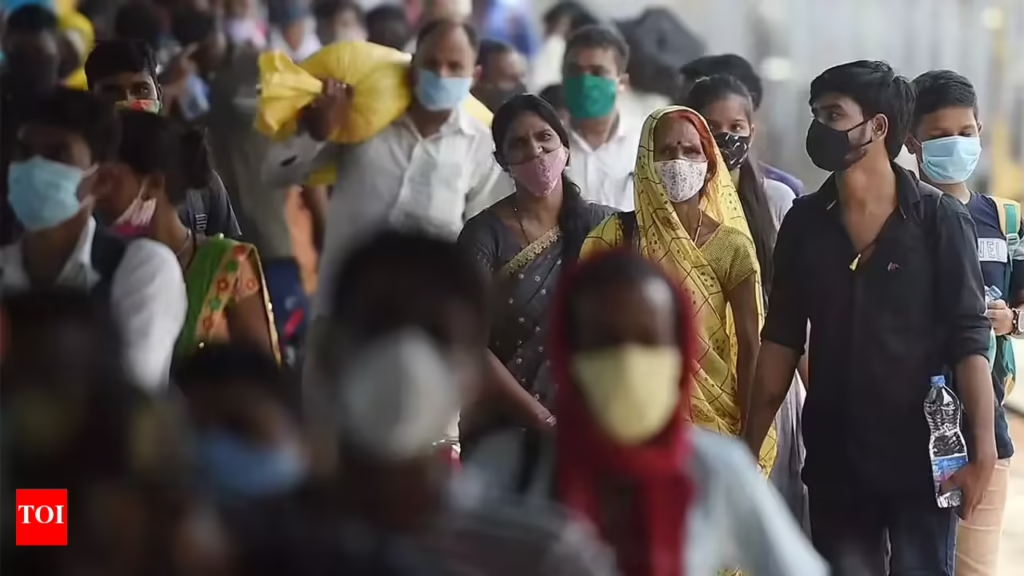
One concerning trend observed during this wave is the waning immunity among populations who have not received booster doses. Health experts are encouraging eligible individuals to get their booster shots to enhance protection against evolving variants.
Comparing Current Wave with Previous Outbreaks
While the current wave has not yet overwhelmed hospitals or caused a nationwide crisis like earlier outbreaks, health officials are cautious. The experience from past waves has shown that even mild variants can lead to high mortality if community transmission is widespread and unchecked.
Research and Genomic Surveillance
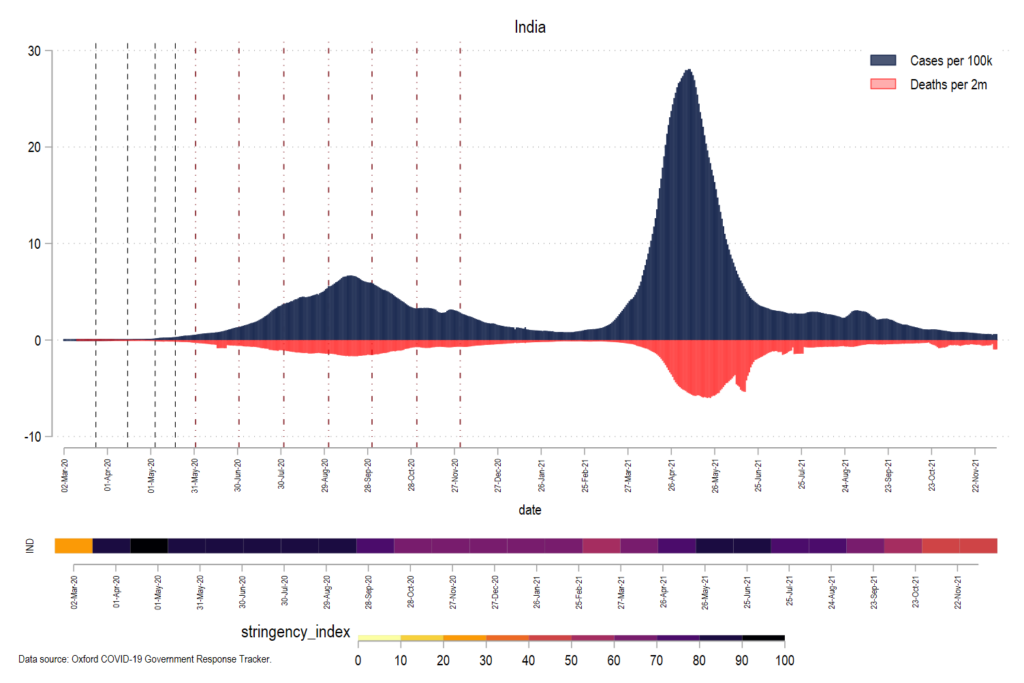
The Indian SARS-CoV-2 Genomics Consortium (INSACOG) is actively monitoring the genetic evolution of the virus. Preliminary reports suggest the emergence of a few new lineages, but none have shown significantly higher virulence so far. Nevertheless, authorities remain vigilant.
International Perspective and Caution
Similar patterns of mild but fast-spreading infections have been reported in parts of Europe and Asia, reinforcing the idea that the pandemic is evolving but not over. Countries with robust public health systems are managing the outbreaks without overwhelming healthcare resources.
What Individuals Can Do
Amid the evolving situation, individuals are encouraged to:
- Get vaccinated, including booster doses
- Isolate if experiencing symptoms
- Avoid crowded indoor places
- Continue wearing masks in public areas
- Maintain personal hygiene
Looking Ahead: The Next Few Weeks
Public health experts predict that the next two to three weeks will be crucial in determining the trajectory of the current wave. If case numbers stabilize or decline, it could signal the end of the surge. If not, more stringent measures might be reintroduced.
Vigilance Without Panic
While the rise in deaths is concerning, India’s healthcare infrastructure, improved testing capabilities, and widespread awareness provide a strong defense. The focus remains on protecting the vulnerable, managing mild cases efficiently, and being prepared for any escalation.
India’s experience in navigating multiple Covid-19 waves provides valuable lessons in adaptability, resource management, and public health strategy. Continued vigilance, public cooperation, and evidence-based decision-making will be key to overcoming this wave safely.
